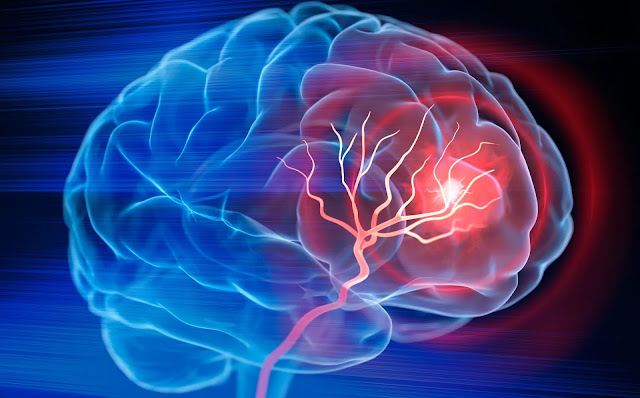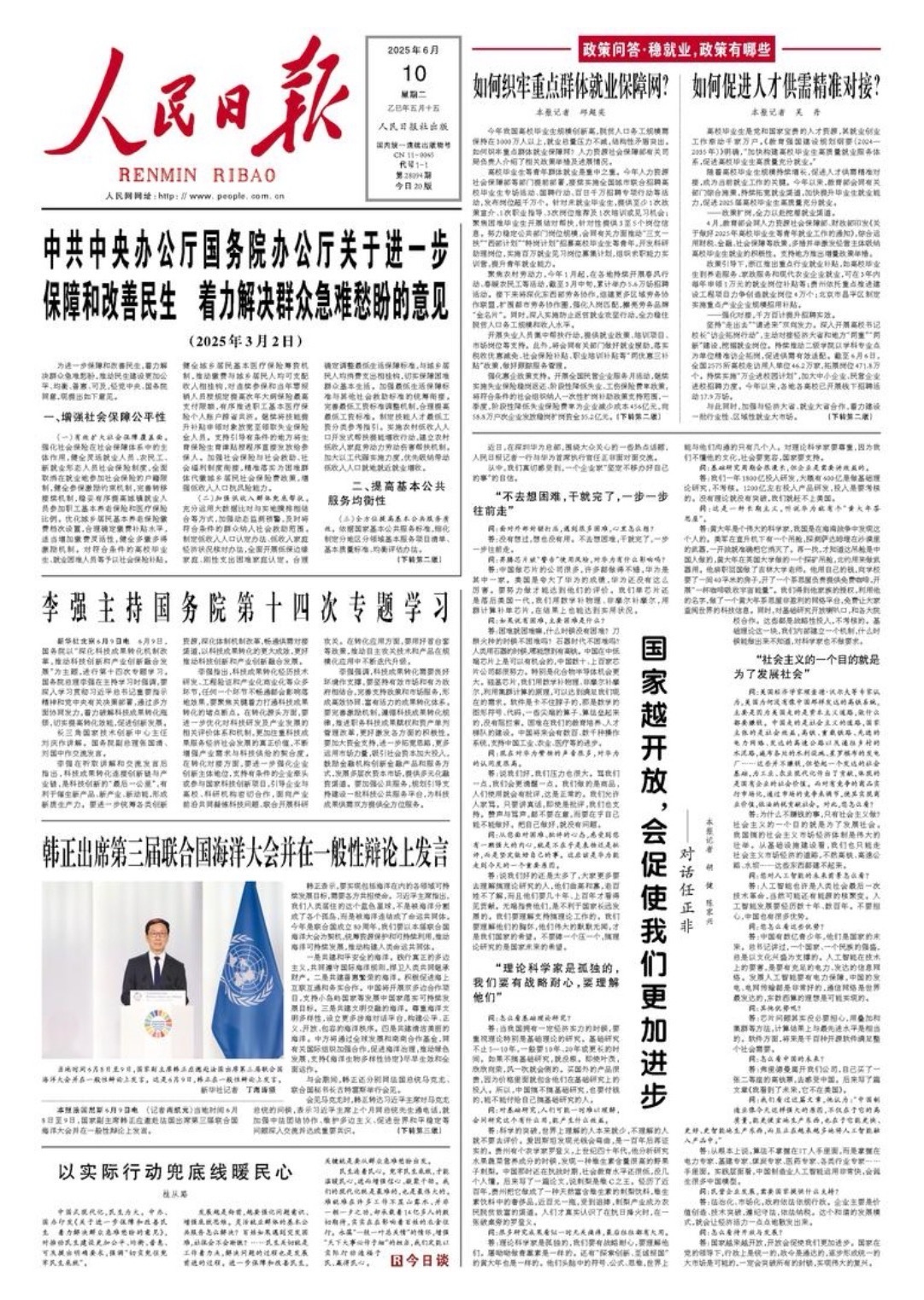Since symptoms disappear quickly, people brush them off without seeking treatment, which puts them at high risk for a bigger stroke.
Then, a couple of odd things happened.
When she tried to call her other dog, “I couldn’t speak,” she said.
As she walked downstairs to let them into the yard, “I noticed that my right hand wasn’t working.”
But she went back to bed, “which was totally stupid,” said Kramer, now 54, an office manager in Muncie, Indiana, United States.
“It didn’t register that something major was happening,” especially because, reawakening an hour later, “I was perfectly fine.”
So she “just kind of blew it off” and went to work.
It’s a common response to the neurological symptoms that signal a TIA, a transient ischaemic attack or ministroke.
At least 240,000 Americans experience one each year, with the incidence increasing sharply with age.
Because the symptoms disappear quickly, usually within minutes, people don’t seek immediate treatment, putting them at high risk for a bigger stroke.
Kramer felt some arm tingling over the next couple of days and saw her doctor, who found nothing alarming on a computed tomography (CT) scan.
But then she started “jumbling” her words and finally had a relative drive her to an emergency room.
By then, she could not sign her name.
After an magnetic resonance imaging (MRI), she recalled, “my doctor came in and said, ‘You’ve had a small stroke.’”
Did those early-morning aberrations constitute a TIA? Might a 911 call and an earlier start on anticlotting drugs have prevented her stroke?
“We don’t know,” Kramer said.
She’s doing well now, but faced with such symptoms again, “I would seek medical attention.”
Cognitive decline
Now, a large epidemiological study by researchers at the University of Alabamabirmingham and the University of Cincinnati, published in JAMA Neurology, points to another reason to take TIAS seriously: Over five years, study participants’ performance on cognitive tests after a TIA drops as steeply as it does among victims of a full-on stroke.
“If you have one stroke or one TIA, with no other event over time and no other change in your medical status, the rate of cognitive decline is the same,” said Victor Del Bene, a neuropsychologist and lead author of the study.
An accompanying editorial by Eric Smith, a neurologist at the University of Calgary, was pointedly headlined “Transient Ischemic Attack – Not So Transient After All!”
The study showed that even if the symptoms resolve – typically within 15 minutes to an hour – TIAS set people on a different cognitive slope later in life, Smith said in an interview: “A longlasting change in people’s cognitive ability, possibly leading to dementia.”
The study, analysing findings from data on more than 30,000 participants, followed three groups of adults age 45 or older with no history of stroke or TIA.
“It’s been a hard group to study because you lack the baseline data of how they were functioning prior to the TIA or stroke,” Del Bene said.
With this longitudinal study, however, researchers could separate those who went on to have a TIA from a group who went on to suffer a stroke and also from an asymptomatic control group.
Brain altered
The team adjusted their findings for a host of demographic variables and health conditions.
Immediately after a TIA, “we don’t see an abrupt change in cognition,” as measured by cognitive tests administered every other year, Del Bene said.
“The stroke group showed a steep decline, but the TIA and control group participants “were more or less neck and neck.”
Five years later, the picture was different.
People who had experienced TIAS were cognitively better off than those who had suffered strokes.
But both groups were experiencing cognitive decline, and at equally steep rates.
After accounting for various possible causes, the researchers concluded that the cognitive drop reflected not demographic factors, chronic illnesses, or normal ageing, but the TIA itself.
“It’s not dementia,” Del Bene said of the decline after a TIA.
“It may not even be mild cognitive impairment.
“But it’s an altered trajectory.” Of course, most older adults do have other illnesses and risk factors, like heart disease, diabetes or smoking.
“These things together work synergistically to increase the risk for cognitive decline and dementia over time,” he said.
The findings reinforce longstanding concerns that people experiencing TIAS don’t respond
quickly enough to the incident. “These events are serious, acute and dangerous,” said Claiborne Johnston, a neurologist and chief medical officer of Harbor Health in Austin, Texas.
After a TIA, neurologists put the risk of a subsequent stroke within 90 days at 5% to 20%, with half that risk occurring in the first 48 hours.
“Feeling back to normal doesn’t mean you can ignore this, or delay and discuss it with your primary care doctor at your next visit,” Johnston said.
The symptoms should prompt a 911 call and an emergency room evaluation.
How to recognise a TIA?
Tracy Madsen, an epidemiologist and emergency medicine specialist at the University of Vermont, promotes the BE FAST acronym: balance loss, eyesight changes, facial drooping, arm weakness, speech problems.
The “T” is for time, as in don’t waste any.
“We know a lot more about how to prevent a stroke, as long as people get to a hospital,” said Madsen, vice-chair of an American Heart Association committee that, in 2023, revised recommendations for TIAS.
The statement called for more comprehensive and aggressive testing and treatment, including imaging, risk assessment, anticlotting and other drugs, and counselling about lifestyle changes that reduce stroke risk.
Unlike other urgent conditions, a TIA may not look dramatic or even be visible; patients themselves have to figure out how to respond.
Karen Howze, 74, a retired lawyer and journalist in Reno, Nevada, didn’t realise that she’d had several TIAS until after a doctor noticed weakness on her right side and ordered an MRI.
Years later, she still notices some effect on “my ability to recall words.”
Perhaps “transient ischaemic attack” is too reassuring a label, Johnston and a co-author argued in a 2022 editorial in JAMA.
They suggested that giving a TIA a scarier name, like “minor ischaemic stroke,” would more likely prompt a 911 call.
The experts interviewed for this column all endorsed the idea of a name that includes the word “stroke.”
Changing medical practice is “frustratingly slow,” Johnston acknowledged.
Get help immediately
But whatever the nomenclature, keeping BE FAST in mind could lead to more examples like Wanda Mercer, who shared her experience in a previous column.
In 2018, she donated at the bloodmobile outside her office in Austin, where she was a systems administrator for the University of Texas, then walked two blocks to a restaurant for lunch.
“Waiting in line, I remember feeling a little lightheaded,” she said. “I woke up on the floor.”
Reviving, she assured the worried restaurant manager that she had merely fainted after giving blood.
But the manager had already called an ambulance – this was smart move No. 1.
The emergency doctors ran tests, saw no problems, gave Mercer intravenous fluids and discharged her.
“I began to tell my colleagues, ‘Guess what happened to me at lunch!’” she recalled. But, she said, she had lost her words: “I couldn’t articulate what I wanted to say.”
Smart move No. 2: Co-workers, suspecting a stroke, called the ambulance for the second time.
“I was reluctant to go,” Mercer said. “But they were right.”
This time, emergency room doctors diagnosed a minor stroke.
Mercer has had no recurrences.
She takes a statin and a baby aspirin daily, and sees her primary care doctor annually.
Otherwise, at 73, she has retired to an active life of travel, pickleball, running, weightlifting and book groups.
“I’m very grateful,” she said, “that I have a happy story to tell.” – KFF Health News/ Tribune News Service






